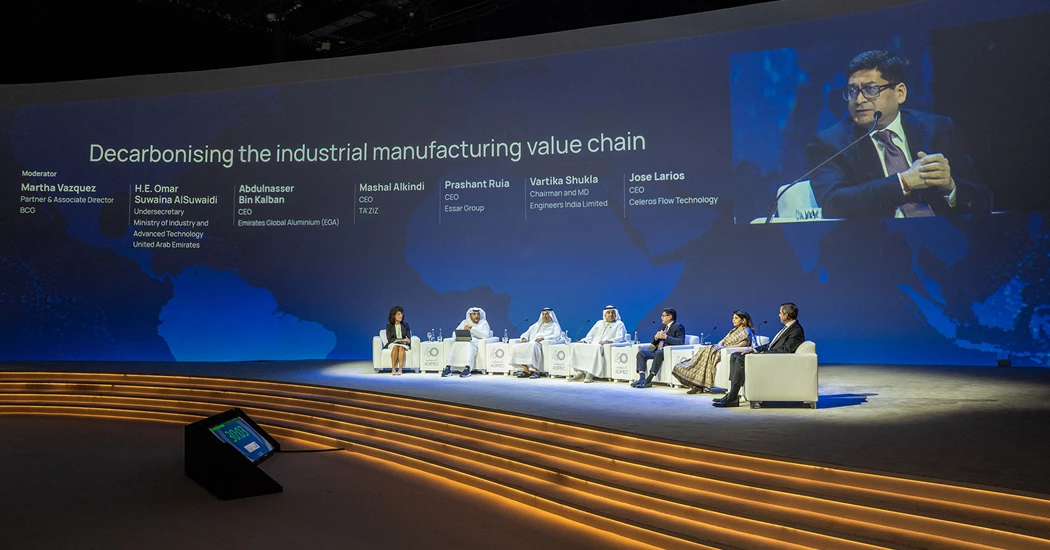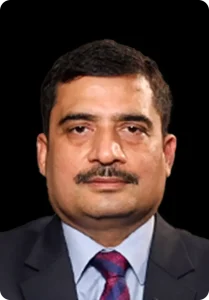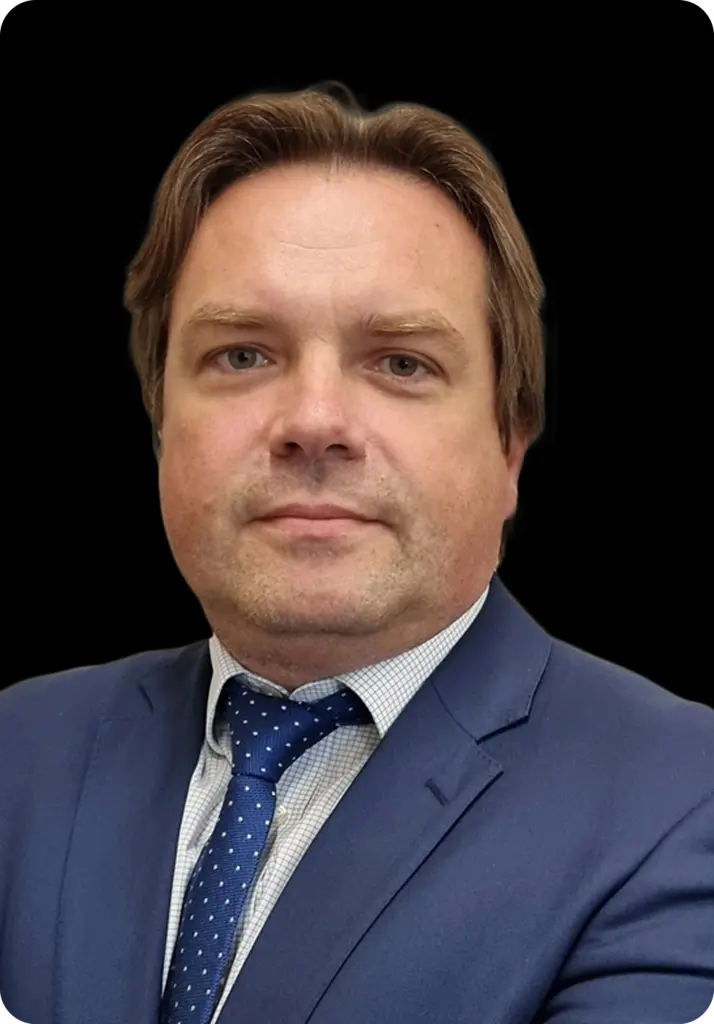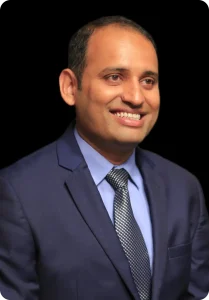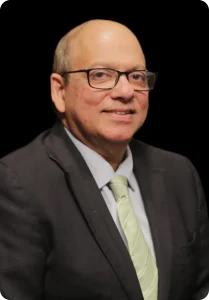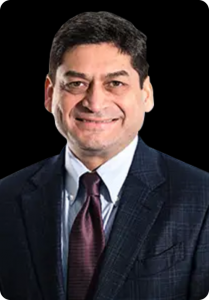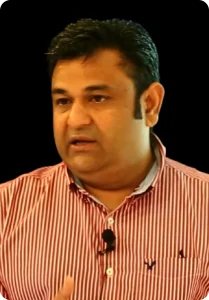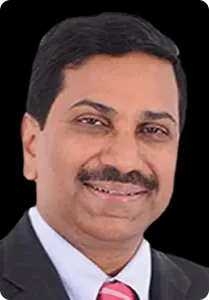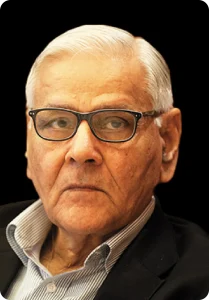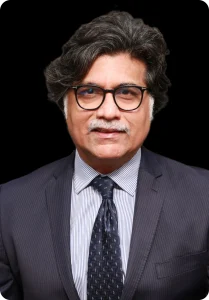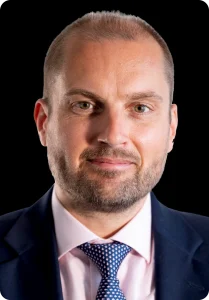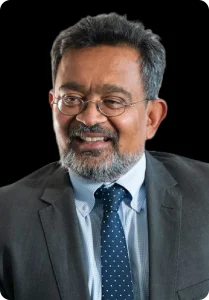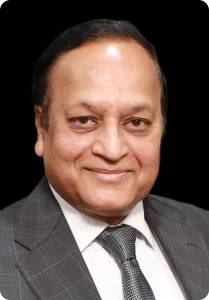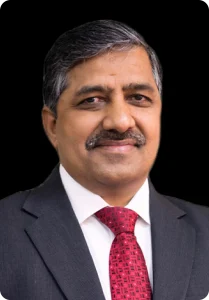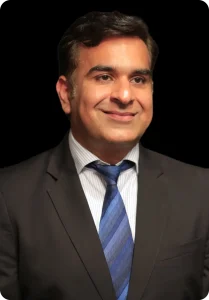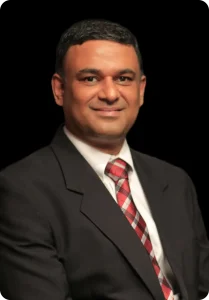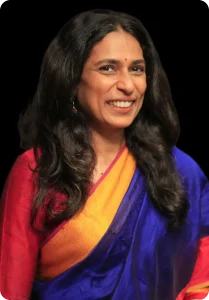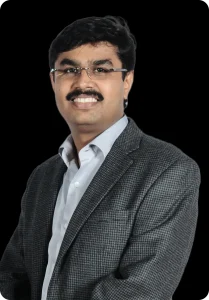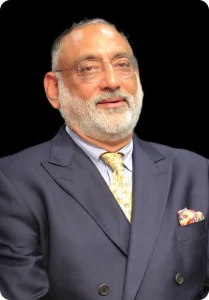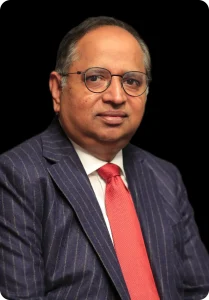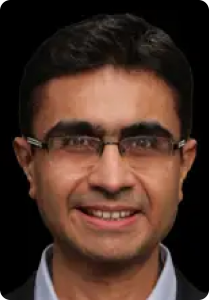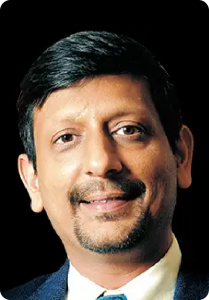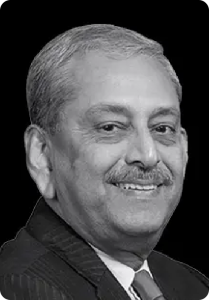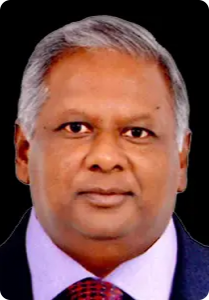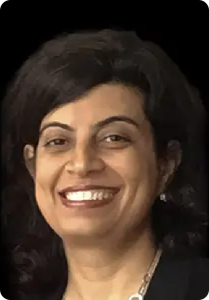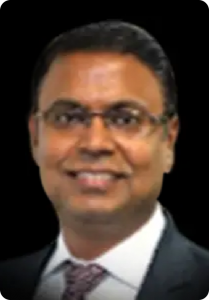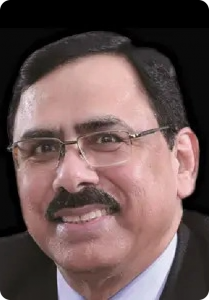The path to decarbonisation is complex, but it is achievable through technology, partnerships, and a relentless focus on sustainable growth, said industry leaders during a panel discussion on day two of ADIPEC in Abu Dhabi.
Titled, Decarbonising the Industrial Manufacturing Value Chain, the panel had representatives from the UAE’s Ministry of Industry, leading energy and engineering firms, and global consultancies.
HE Omar Suwaina AlSuwaidi, UAE’s Undersecretary of the Ministry of Industry and Advanced Technology, elaborated on the UAE’s decarbonisation strategy, and said: “One of our key initiatives is to bring partnerships between government entities and the private sector. We developed an industrial decarbonisation roadmap aligned with the UAE’s national commitments.” The UAE has adopted a comprehensive approach, involving incentives for private enterprises and SMEs to foster sustainability. Initiatives like the country’s “Operation 300 billion” aim to increase the industrial sector’s contribution to the economy while prioritising green practices.
As one of the world’s leading aluminium producers, Emirates Global Aluminium (EGA) has placed sustainability at the forefront of its operations. CEO Abdulnasser bin Kalban noted that EGA has pioneered green aluminium production using solar power: “We are proud to say we were the first company in the world to produce green aluminium based on solar power… a vital component of our decarbonisation journey.” EGA’s efforts extend to acquiring secondary aluminium production capabilities and implementing a closed-loop system to retain scrap aluminium within the UAE, significantly reducing carbon emissions.
Kalban also talked about future projects, including the development of a secondary smelter. “This is the beginning for us… aluminium production, as per forecasts, will double in the next 20 years, and we need to do it sustainably,” he stated.
“Our focus is now on decarbonising industrial operations and investing in energy transition projects. Today, technologies are at scale to make a material difference… The size and scale of the opportunity in front of us is massive, and I believe this can be done profitably.”
– Prashant Ruia, CEO, Essar Capital
Building a sustainable chemical ecosystem
Mashal Alkindi, CEO of Ta’ziz, a joint venture between ADNOC and ADQ, said his firm is building a sustainable chemical and fuel ecosystem. “Our mandate is to develop an ecosystem that caters to the development of chemicals and transition fuels,” he explained. By capitalising on partnerships with global technology leaders, Ta’ziz aims to diversify the UAE’s economy and transition from fossil fuels to renewable energy.
Alkindi also highlighted Ta’ziz’s commitment to using low-carbon feedstocks and advanced technologies to minimise carbon intensity, positioning the UAE as a global leader in sustainable chemical production. “The demand for chemicals will likely double by 2050, and we are committed to meeting that demand with the least impactful carbon footprint,” he added.
Strategic shift to renewable energy
Essar Group’s CEO, Prashant Ruia, discussed the company’s pivot from traditional energy investments to decarbonisation initiatives. “Our focus is now on decarbonising industrial operations and investing in energy transition projects,” he explained. Essar’s recent investments include a refinery in the UK, where it aims to achieve 95% decarbonisation by 2029 through a combination of blue hydrogen production and carbon capture technology.
Ruia also highlighted Essar’s ventures in India, including the development of biofuels and renewable energy solutions. “Today, technologies are there at scale to make a material difference… The size and scale of the opportunity in front of us is massive, and I believe this can be done profitably,” Ruia remarked.
End-to-End Decarbonisation Solutions
Vartika Shukla, Chairman and MD, Engineers India Ltd, shared insights into the company’s role in delivering decarbonisation solutions across various industries. “Our ability to engineer and implement sustainable solutions is immense… We evaluate the right options for our customers, whether it’s conventional oil and gas or emerging green hydrogen technologies,” she stated.
Shukla emphasised the need to prioritise efficiency improvements in existing infrastructure, which can reduce emissions by 7-8%. “Sometimes we find that we are jumping to green hydrogen, missing out on these interventions which can yield quick returns,” she observed.
Innovation in Carbon Capture and Efficiency
Jose Larios, President and CEO of Celeros Flow Technology, highlighted the company’s efforts in delivering high-efficiency equipment that supports carbon reduction across industries. “In the Middle East, we’re working with ADNOC to design the highest-pressure pump for carbon injection, a first of its kind in the world,” Larios said. He also underscored the company’s efforts to lifecycle servicing of equipment, which includes upgrades and re-rates that enhance energy efficiency and reduce carbon output.
Kalban concluded the session reiterating, “This journey to net zero is not going to be easy, but with innovation and technology, I am optimistic. The UAE is an environment for experimenting and implementing solutions… Our role is to be practical in offering solutions and options.”
The session was moderated by Martha Vasquez, Partner and Associate Director, BCG.

